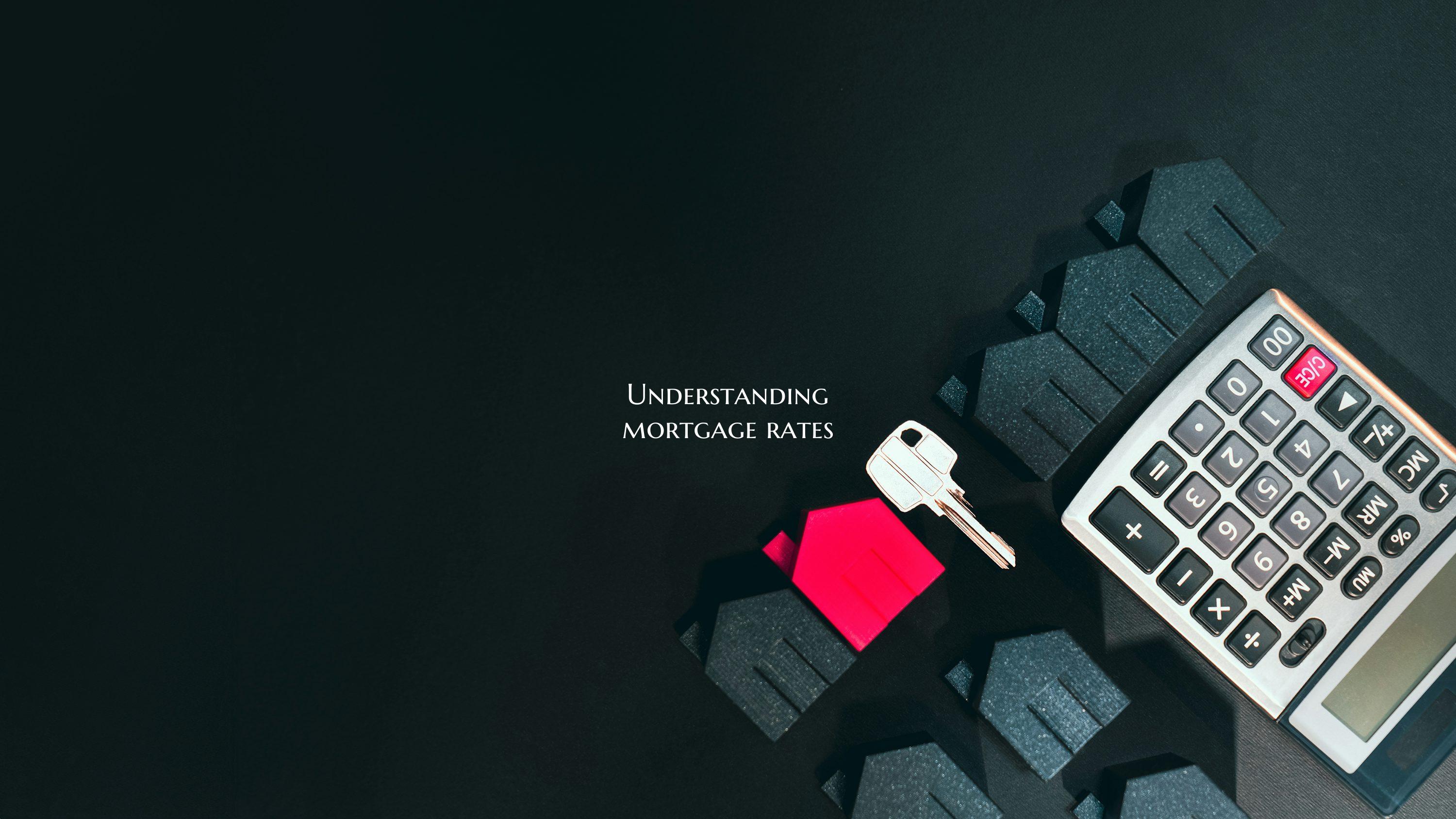Understanding mortgage rates

Understanding Mortgage Rates: A Comprehensive Guide
When it comes to purchasing a home, understanding mortgage rates is crucial in ensuring you get the best deal possible. Mortgage rates play a significant role in determining the overall cost of borrowing money to finance your home purchase. Here, we will delve into the key aspects of mortgage rates to help you better comprehend this critical component of the home buying process.
What are Mortgage Rates? Mortgage rates represent the interest charged by lenders on the amount you borrow for your home purchase. These rates can vary based on several factors, including prevailing market conditions, your credit score, the loan term, and the type of mortgage product you choose.
Fixed-Rate vs. Adjustable-Rate Mortgages Two primary types of mortgages are fixed-rate and adjustable-rate mortgages (ARMs). With a fixed-rate mortgage, the interest rate remains constant throughout the loan term, providing stability and predictability in your monthly payments. On the other hand, an ARM typically starts with a lower introductory rate that adjusts periodically based on market conditions, potentially leading to fluctuations in your monthly payments.
Factors Influencing Mortgage Rates Several factors influence mortgage rates, and understanding them can help you navigate the mortgage market more effectively. Some key factors include:
1. Economic Indicators: Mortgage rates are closely tied to economic indicators such as inflation, employment rates, and the overall health of the economy. Positive economic trends can lead to higher mortgage rates, while economic downturns may result in lower rates.
2. Credit Score: Your credit score is a crucial determinant of the mortgage rate you qualify for. A higher credit score typically translates to lower interest rates as it signals to lenders that you are a less risky borrower.
3. Loan Term: The length of your loan term can impact the interest rate, with shorter terms often carrying lower rates compared to longer terms.
4. Down Payment: The amount of your down payment can also influence your mortgage rate. A larger down payment may lead to more favorable terms from lenders.
5. Market Conditions: Mortgage rates are also influenced by broader market conditions, including the actions of the Federal Reserve, investor demand for mortgage-backed securities, and global economic factors.
Tips for Securing the Best Mortgage Rate To secure the best mortgage rate for your home purchase, consider the following tips:
1. Improve your credit score before applying for a mortgage. 2. Comparison shop among multiple lenders to find the most competitive rates. 3. Consider paying points to lower your interest rate, especially if you plan to stay in your home for an extended period. 4. Choose the right loan term based on your financial goals and budget. 5. Stay informed about market trends and be prepared to act when rates are favorable.
In conclusion, understanding mortgage rates is essential for making informed decisions when purchasing a home. By familiarizing yourself with the factors influencing rates and following best practices for securing favorable terms, you can navigate the mortgage process with confidence and potentially save thousands of dollars over the life of your loan.
